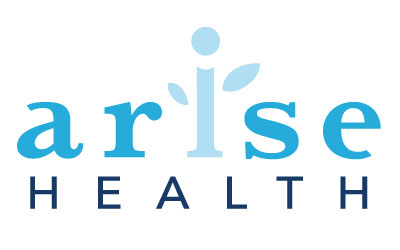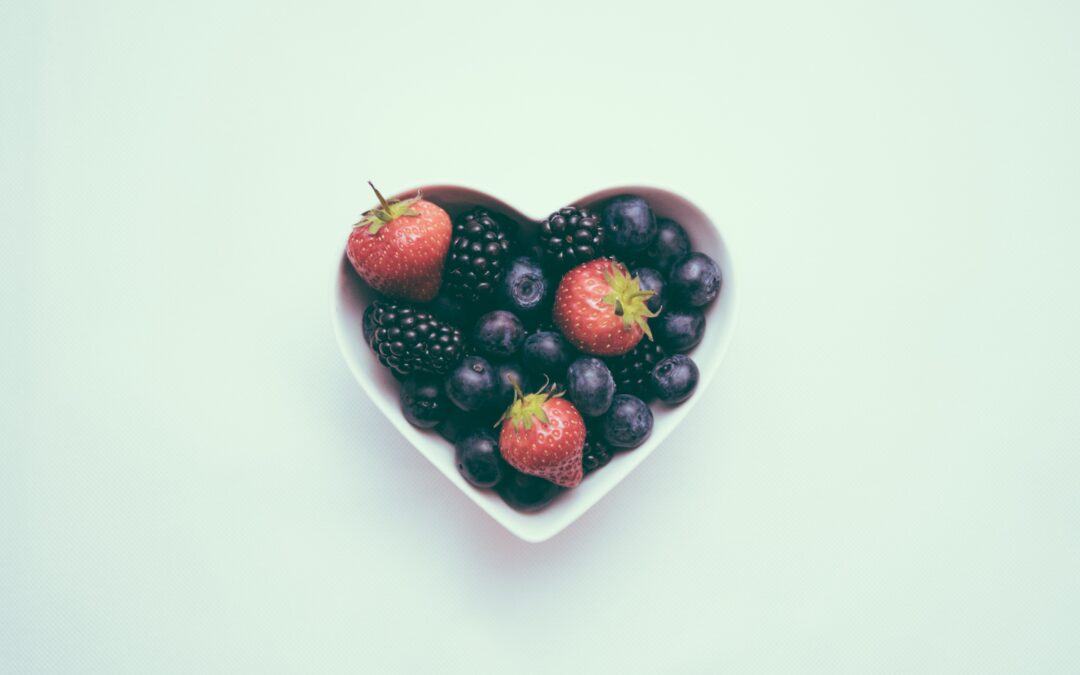Dr Lydia Altini – Health Coach
- Avoid eating dinner too close to your bedtime. When you’re actively digesting your food, you are less likely to sleep as deeply and more likely to wake up.
- Staying hydrated during the day and avoiding high salt foods at night can help you get better quality sleep.
- The amino acid tryptophan makes serotonin (which calms you down) and melatonin (which makes you fall asleep). Include foods high in tryptophan for dinner – such as yogurt, milk, fish, chicken, chia seeds, rice, oats, soybeans, prunes, sesame and pumpkin seeds. Pistachios not only contain tryptophan but are also rich in melatonin.
- There are certain foods that if eaten late in the evening can be particularly disruptive to sleep.
-
- Foods high in fat can cause indigestion and acid reflux
- Sugary foods can increase your energy levels and interfere with relaxation
- Spicy foods can irritate the stomach and cause acid reflux
- Caffeine can stay in your body for over eight hours. If you’re sensitive to caffeine, have your last coffee or other caffeinated drink before 2pm — or earlier, if possible. Even if you’re not, it can help to avoid all caffeine several hours before bedtime. Remember chocolate contains sugar and caffeine.
- Avoid drinking alcohol within 3 hours of bedtime. You may believe that alcohol is relaxing and helps you fall asleep but it actually interrupts the quality of sleep and often causes you to wake up in the middle of the night to use the bathroom.
- Citrus juices can cause acid reflux and irritate the bladder
-

